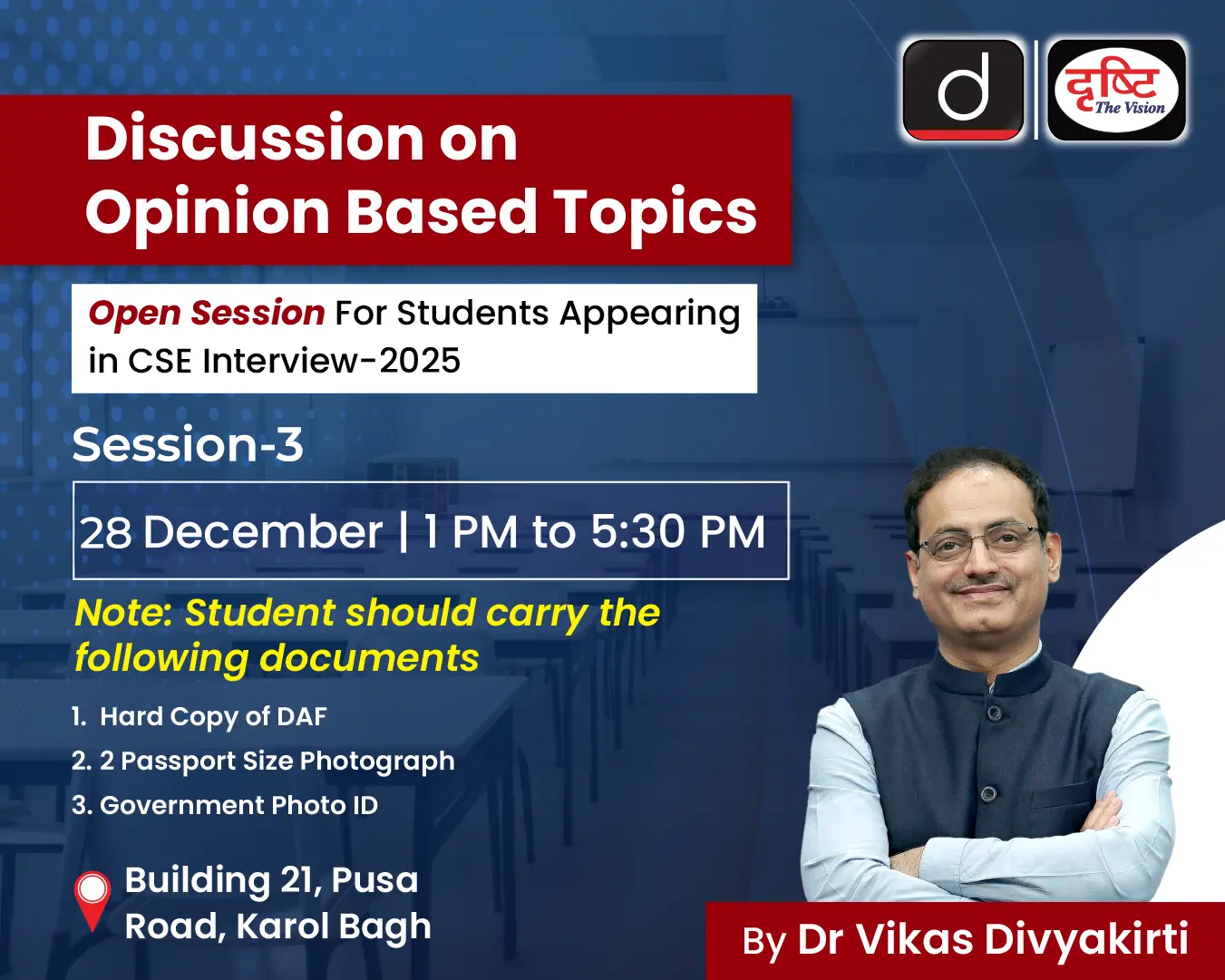Biodiversity & Environment
Operation Olivia for Olive Ridley Turtles
- 14 Jun 2021
- 3 min read
Why in News
Recently, the Indian Coast Guard has pressed into service an aircraft for 'Operation Olivia' to protect Olive Ridley turtles.
Indian Coast Guard
- It is an Armed Force, Search and Rescue and Maritime Law Enforcement agency under the Ministry of Defence. It was established in 1978.
- It has a wide range of task capabilities for both surface and air operations. It is one of the largest coast guards in the world.
Key Points
- Operation Olivia:
- Every year, the Indian Coast Guard’s “Operation Olivia”, initiated in the early 1980s, helps protect Olive Ridley turtles as they congregate along the Odisha coast for breeding and nesting from November to December.
- It also intercepts unlawful trawling activities.
- Round-the-clock surveillance is conducted from November till May utilising Coast Guard assets such as fast patrol vessels, air cushion vessels, interceptor craft and Dornier aircraft to enforce laws near the rookeries (colony of breeding animals).
- From November 2020 to May 2021, the Coast Guard devoted 225 ship days and 388 aircraft hours to protect 3.49 lakh turtles that laid eggs along the Odisha coast.
- Every year, the Indian Coast Guard’s “Operation Olivia”, initiated in the early 1980s, helps protect Olive Ridley turtles as they congregate along the Odisha coast for breeding and nesting from November to December.
- Olive Ridley Turtles:
- Features:
- The Olive ridley turtles are the smallest and most abundant of all sea turtles found in the world.
.png)
- These turtles are carnivores and get their name from their olive colored carapace.
- They migrate thousands of kilometers between feeding and mating grounds in the course of a year.
- They are best known for their unique mass nesting called Arribada, where thousands of females come together on the same beach to lay eggs.
- The Olive ridley turtles are the smallest and most abundant of all sea turtles found in the world.
- Habitat:
- They are found in warm waters of the Pacific, Atlantic and Indian oceans.
- The Odisha’s Gahirmatha Marine Sanctuary is known as the world’s largest rookery of sea turtles.
- Protection Status:
- IUCN Red List: Vulnerable
- CITES: Appendix I
- Wildlife (Protection) Act, 1972: Schedule I
- Threats:
- They are extensively poached for their meat, shell and leather, and their eggs.
- However, the most severe threat they face is the accidental killing through entanglement in trawl nets and gill nets due to uncontrolled fishing during their mating season around nesting beaches.
- An ever-increasing debris of plastics, fishing nets, discarded nets, polythene and other garbage dumped by tourists and fishing workers.
- Other Initiatives:
- To reduce accidental killing in India, the Odisha government has made it mandatory for trawls to use Turtle Excluder Devices (TEDs), a net specially designed with an exit cover which allows the turtles to escape while retaining the catch.
- Features:







